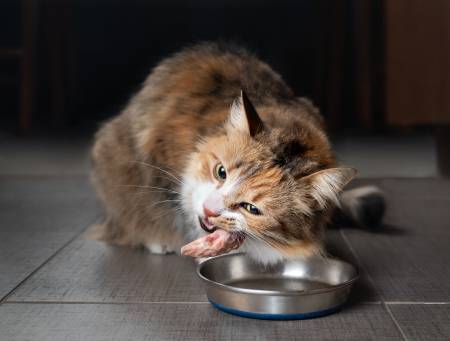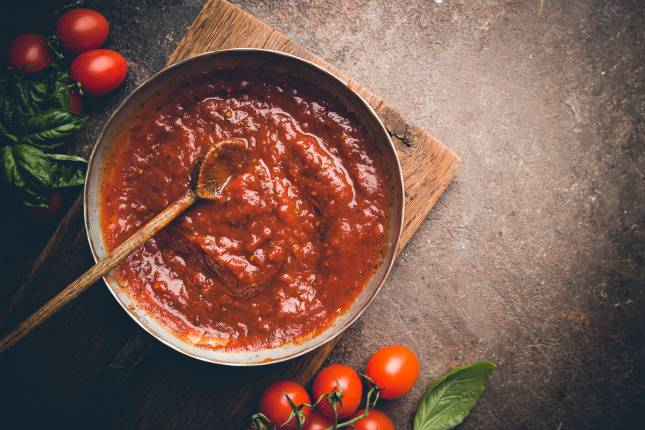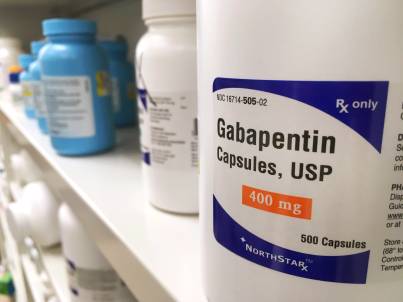Connect with a verified veterinarian in minutes. Licensed vets are available 24/7 to answer your questions. No need to worry about your furry family member.
Cats love to eat a wide variety of things, including some things they shouldn’t. Some cats may relish a spider every once in a while or maybe something out of the trash, such as a bone! But what happens if a cat eats bones? Can bones make a cat sick?
Has your cat eaten bones? Are you worried the bones will make your cat sick? If so, you’ve come to the right place. We understand it can be scary when a cat eats something like this.
We’ve put together some information about bones and whether they can make a cat sick. Let’s get started!
Can Cats Eat Bones?
Your cat’s wild ancestors ate bones on a regular basis. Of course, those bones were not cooked; however, they had a long history of eating almost every part of the prey they hunted for food. Today’s wild felines continue feasting on bones.
Some cats may only chew the meat off bones; however, there are other cats that eat the meat and eat the bone, too! Bones can be a healthy part of a cat’s diet. They provide nutrients such as calcium, protein (from any meat that remained on the bones), iron (from the marrow), and more. So, cats can eat bones, but with some caveats.
Bones & Cats
While bones can be safe for cats, it all comes down to the size of the bone and whether or not it’s cooked. For one thing, the bone should not be too large or too small in order to avoid the bone becoming lodged in the cat’s esophagus. This can lead to choking.
In addition, cooked bones become brittle and dry. They can easily break and splinter when being chewed. The bone splinters and shards may be sharp and cause injuries to the mouth, esophagus, and stomach. In addition, even raw bones can become lodged in the airway or the digestive tract. A cat can develop an intestinal obstruction if a bone becomes lodged anywhere in the cat’s intestines.

Review symptoms, medications & behavior to keep your pets healthy with a Vet Online in just minutes.
Ask a Vet Live NowSymptoms of Bone Ingestion in Cats
You may notice these symptoms if your cat has swallowed or eaten a bone:
- Vomiting
- Sitting hunched over
- Not wanting you to touch her stomach
- Constipation
- Abdominal pain & swelling
- Lack of appetite
- Not drinking water
- Lethargy
- Sores/cuts in the mouth
- Gagging/retching/choking (bone is caught in airway)
- Breathing difficulty (bone is blocking airway)
If you notice any of these symptoms in your cat, call the vet immediately. This is an emergency.
Treatment of bone ingestion in cats may include blood work, imaging tests, and more. Depending on where the bone is caught, the vet may need to perform emergency surgery to remove the bone. The vet also has other means of removing a bone that’s caught in the cat’s airways.
The cats who receive prompt medical treatment have the best chance of making a full recovery. So, be sure to get your feline companion to the vet ASAP if she’s eaten a bone and is sick.
Connect with a verified veterinarian in minutes. Licensed vets are available 24/7 to answer your questions. No need to worry about your furry family member.

Tom
Tom has always loved to write since he was little - he wanted to be either a writer or a veterinary doctor, but he ended up being a professional writer while most of his works are based on animals. He was born in San Francisco but later moved to Texas to continue his job as a writer. He graduated from the University of San Francisco where he studied biotechnology. He is happily married and a soon to be father!
Review symptoms, medications & behavior to keep your pets healthy with a Vet Online in just minutes.
Ask a Vet Live Now




